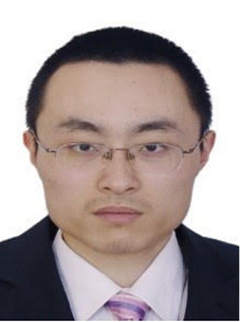
Prof. Yu-Dong Zhang
University of Leicester, School of Computing and Mathematical Sciences, UK
Speech Title: X-Ray and CT Scanners and Medical Image Processing
Abstract:
Conventional CT and spectral CT technologies provide doctors with comprehensive imaging information. During surgery, domestic O-arm and C-arm CBCT equipment can provide precise operation for intraoperative navigation. Mobile and standing CT scanning makes imaging examination more convenient and suitable for a variety of scenarios. Models such as visual transformer, large language model, visual base model, visual language model, video generation model, etc. perform well in the classification, segmentation and analysis of medical images, and can quickly identify and handle medical emergencies.
Biography:
Yu-Dong Zhang received his Ph.D. from the Southeast University. He worked as postdoc from 2010 to 2012 in the Columbia University, USA, and as Assistant Research Scientist from 2012 to 2013 at the Research Foundation of Mental Hygiene, USA. He served as a full professor from 2013 to 2017 in the Nanjing Normal University, where he was the founding director of Advanced Medical Image Processing Group in NJNU.He currently works as Chair Professor in the School of Computing and Mathematical Sciences, University of Leicester, UK. His research interests include explainable deep learning, medical image analysis, paZern recognition and medical sensors.
Prof. Yu-Dong Zhang is the Honorary Follow of World Leadership Academy, Fellow of IET, Fellow of EAI, and Fellow of BCS. He is the Senior Member of IEEE, IES, and ACM. He is the Distinguished Speaker of ACM. He was included in Most Cited Chinese Researchers (Computer Science) by Elsevier from 2014 to 2018. He was 2019, 2021-2024 recipient of Clarivate Highly Cited Researcher. He is included in the World’s Top 2% Scientist by Stanford University from 2020 to 2023. He won the Emerald Citation of Excellence 2017, MDPI Top 10 Most Cited Papers 2015, Information Fusion 2022 Best Paper Award, etc. His three papers are included in the UK Research Excellence Framework (REF) 2021.